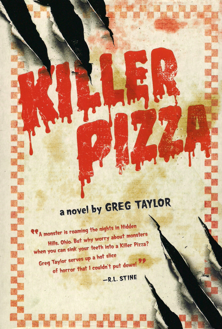
The ‘Killer Pizza’ Series by Greg Taylor
Here is an especially horror-filled series of books that will leave you shivering and hungry. High School
8th Grade and Up
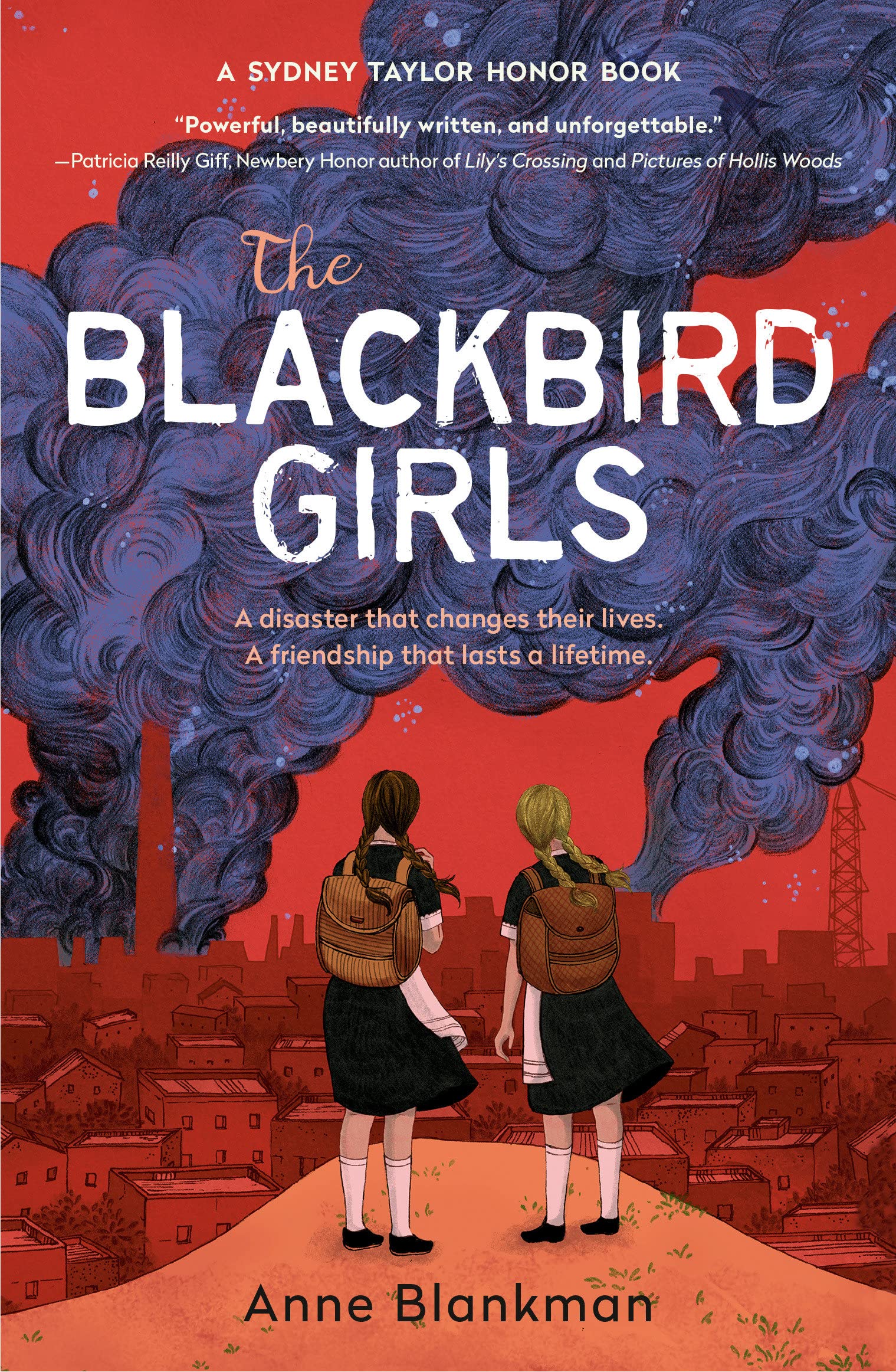
On a spring morning in 1986, neighbors Valentina Kaplan and Oksana Savchenko wake up to an angry red sky. A reactor at the nuclear power plant where their fathers work Chernobyl – has exploded. Before they know it, the two girls, who have always been enemies, find themselves on a train bound for Leningrad to stay with Valentinas estranged grandmother, Rita Grigorievna. In their new lives in Leningrad, they begin to learn what it means to trust another person. Oksana must face the lies her parents told her all her life. Valentina must keep her grandmothers secret, one that could put all their lives in danger. And both of them discover something theyve wished for: a best friend.
But how far would you go to save your best friends life? Would you rick your own?
Told in alternating perspectives among three girls Valentina and Oksana in 1986 and Rifka in 1941 this story shows that hatred, intolerance, and oppression are no match for the power of true friendship.
Told in alternating perspectives among three girls Valentina and Oksana in 1986 and Rifka in 1941 this story shows that hatred, intolerance, and oppression are no match for the power of true friendship.
I cannot believe that this book is targeted toward middle schoolers. I would not have been able to handle a book like this back in middle school. So much in one story. Nuclear disasters, child abuse, communism, the Soviet Union. Everything in this story would have either gone over my head or scared the heck out of me.
Its nice to find a book about a historical event that I know nothing about. Even though the story starts with the Chernobyldisaster, the bulk of it is about what life is like under Soviet restrictions. The answer: Terrifying. People had no rights, especially children. They were constantly scared of saying the wrong thing because the secret police might be spying on them. They were taught to never question the government or ask questions, period. They even believed that eating cucumbers and drinking milk, mineral water, or vodka could cure radiation poisoning. I could understand the milk for minor exposure, but what were the cucumbers supposed to do?
I figured I would review a book about child abuse one day. I just didnt think it would also be a historical fiction. From what I can tell, this is a realistic representation of the thoughts and feelings of a young child suffering from parental abuse. It broke my heart how Oksana believed she was bad and deserved to be punished.It isnt until she is shown genuine kindness does she realize how cruel her parents were to her.
Outside of WWII, I didnt realize there were other times in history when people were so hostile toward Jewish people. Ill never understand why there is so much hatred towards Jewish people or any people. Most of the accusations Oksanasfather made towards Jewish people were complete nonsense, like how Valentinas father stole his promotion. Lets all be clear that this is not a good enough reason to hate someone.
At first, I wasnt on board with the parallel narrative of Rifka/the grandmothers escape during WWII. I liked hearing the grandmothers backstory and why she does the things she does but all the jumping back and forth between 1986 and 1941 was a bit confusing.
Final thoughts: There are many hard to pronounce words, so I recommend listening to the audiobook.
Given the unfamiliar geography, it would have been nice if a map had been included because I have no idea where any of these places are.
This is one of those books where the title doesnt make sense until two-thirds of the way into the story.
And off-topic, Im hoping Lauran Tarshis writes an I Survived book about the Chernobyl disaster someday.
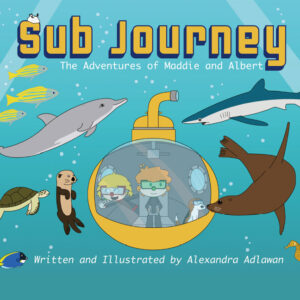

Here is an especially horror-filled series of books that will leave you shivering and hungry. High School
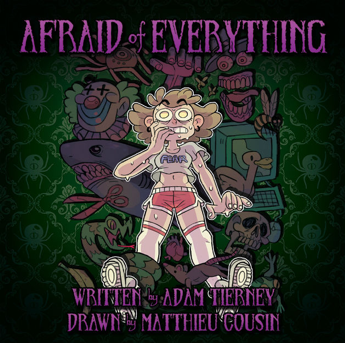
HAPPY 150TH BOOK REVIEW And to celebrate, here is a book of short horror stories written specifically for young readers. 5 to 95 (Suggested for
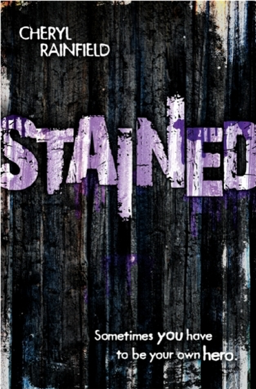
High School Sixteen-year-old Sarah Meadows longs for normal. Born with a port-wine stain covering half her face, shes been plagued by stares, giggles, bullying, and

Here is an especially horror-filled series of books that will leave you shivering and hungry. High School

HAPPY 150TH BOOK REVIEW And to celebrate, here is a book of short horror stories written specifically for young readers. 5 to 95 (Suggested for all readers) Featuring twenty-six terrifying short stories, each based on a different A to Z

High School Sixteen-year-old Sarah Meadows longs for normal. Born with a port-wine stain covering half her face, shes been plagued by stares, giggles, bullying, and disgust all her life. But when shes abducted on the way home from school, Sarah
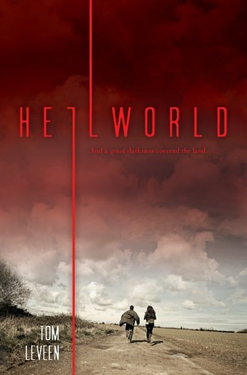
HAPPY OCTOBER! To celebrate October, heres a hell-raising story to get us in the Halloween mood. Pun intended. High School Five years ago, Abby Booths mom, co-host of a ghost-hunting reality show, went missing while filming in a haunted cave

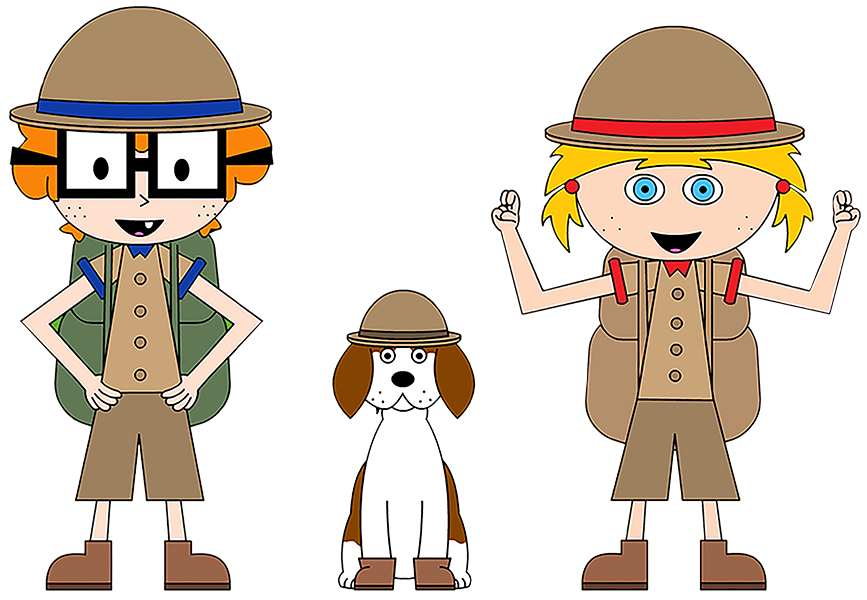
Albert, Houdini & Maddie
Copyright © 2021 Amazing Artists Online – All Rights Reserved
Developed by Clearian


Albert, Houdini & Maddie
Copyright © 2023 Amazing Artists Online – All Rights Reserved
Developed by Clearian